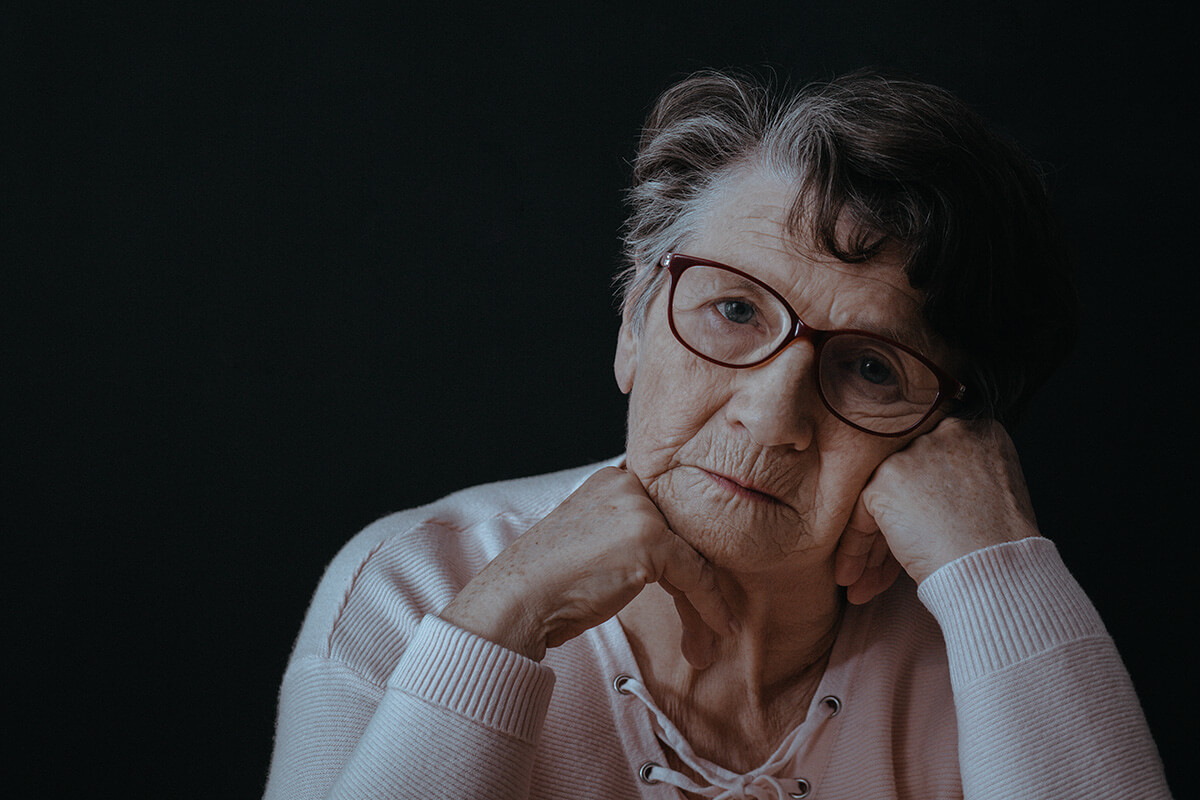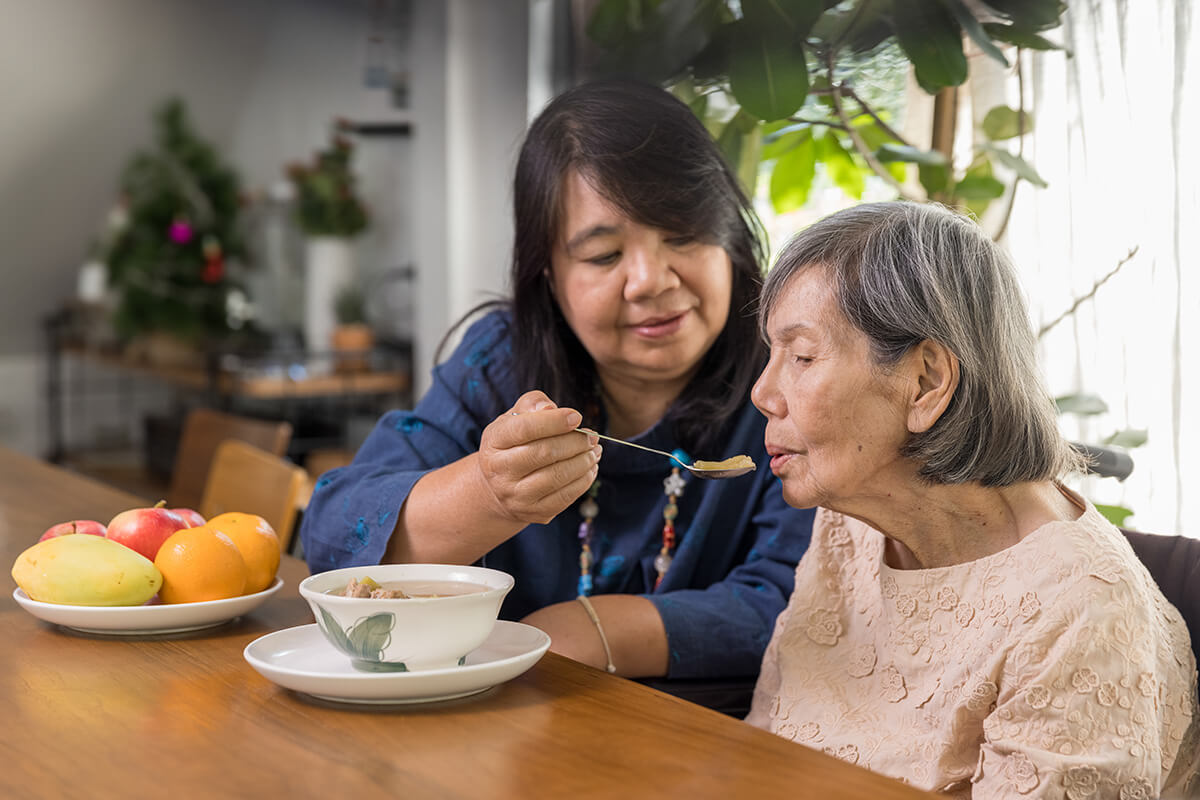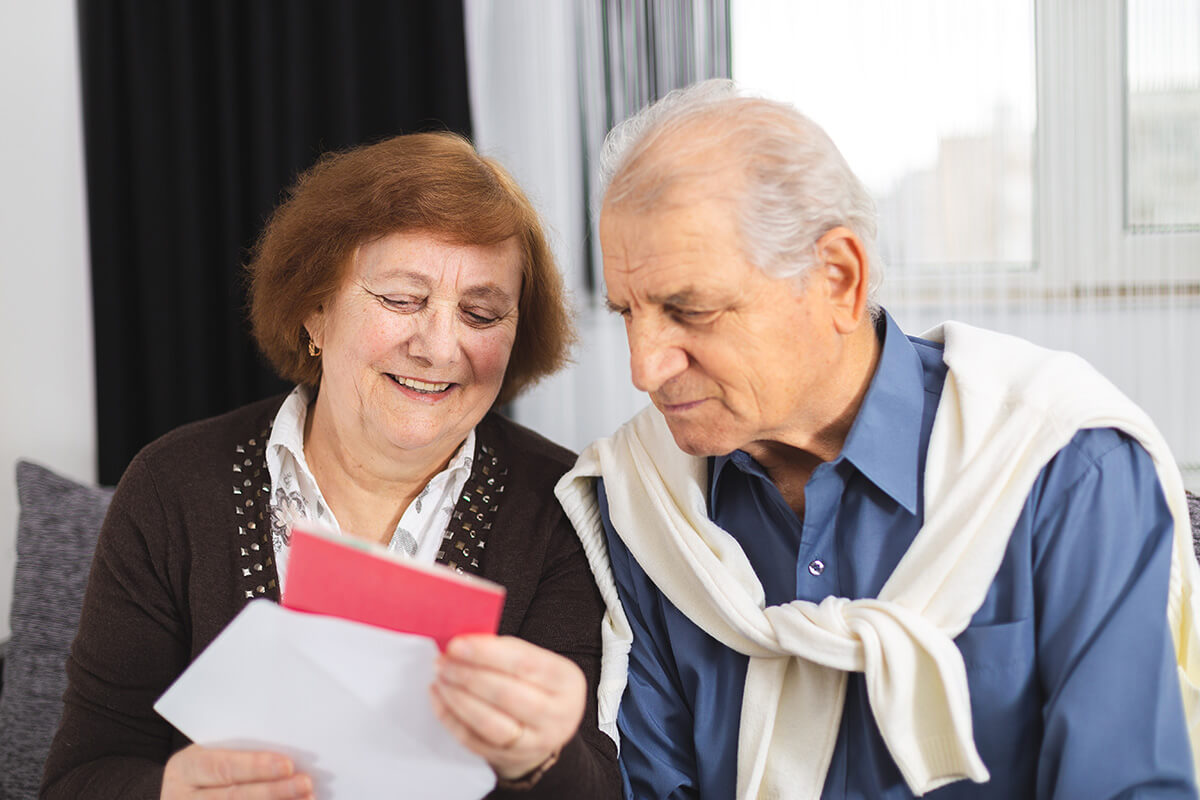Isolation and its Chilling Effects on our Seniors
By Di Patterson, September 27, 2021

I am sorry to lead with the word “chilling” but that’s the truth. Isolation studies are the lead balloon of this decade. As a Media Gerontologist, my job is to inform as well as encourage success in aging online, in-print, and in-person as a well-educated cheerleader! As you probably know, Gerontologists are social scientists who read and write research, study social and health trends and make recommendations for positive aging outcomes. We search out information for the benefit of aging clients and their families, and suggest adjustments, attitudes and assistance needed for successful aging-in-place or the smooth transition to a higher level of care.
So let’s look some studies published since 2015 and the effects of isolation (lack of socialization) and the difference it makes.
Isolation Studies:
In March, 2015, Brigham Young University released research showing:
- Loneliness and social isolation are a risk factor for all ages and all incomes.
- Loneliness and social isolation are just as much a threat to longevity as obesity!
Most of us are aware that the life-satisfaction repercussions of obesity are staggering. From childhood obesity or adult-onset, its lifelong effects on human bodies and human psyches; to the healthcare costs associated with adult obesity; diabetes, hip and knee replacements and heart disease are some problems. Other internal inflammatory responses to the cytokines in overly fatty cells and obesity remediation has had national interest for the last two decades and, very importantly, federal funding to change U.S. obesity statistics. Now, isolation ranks up there with obesity as a bane to our physical and emotional lives.
UCLA followed with their significant study in December, 2016 (before Covid19 and its prolific lockdowns), proclaiming: “Our culture is changing in ways that invite us — in fact, almost require us — to be more lonely and disenfranchised,” said Steve Cole, professor of medicine and psychiatry and bio-behavioral sciences in the UCLA Social Genomics Core Laboratory. Research found that nearly 1 in 5 adults age 65+ are at risk of social isolation.
To put it mildly, the pain of chronic loneliness can be detrimental to your health. If the comments above on obesity didn’t hit home, the next one will: UCLA research found the health risks of prolonged isolation are equivalent to smoking 15 cigarettes a day! Again, remediation of cigarette smoking has had tremendous federal funding in the last 40 years, and now: we must see isolation as just as dangerous. Subjective feelings of loneliness can increase risk of death (mortality rate) from 26% in adults ages 18-64 who socially isolate to 45% of adults aged 65 and above who socially isolate (interacting with technology does not count!); and 46% of women age 75 and older live alone.
So let’s get real about positive measures! Some suggestions include:
- Fall prevention programs that increase balance, strength, and the confidence to go out more often;
- Support groups to help someone feel connected while coping with significant change (think widows and widowers, traumatic health events, loss of beloved pet);
- Policy changes that support retraining and retention of older workforce;
- Home-sharing models (think the Golden Girls television show!) that make aging-in-place more affordable for all;
- Volunteer transportation services that make it easier for older adults to get around their community.
In short, we (every age group) should be diligent when it comes to social isolation. Young people who experience bullying on social media, midlife adults who over-work and under-socialize, and seniors, the disabled and veterans who are at risk for various reasons, must be encouraged by those of us who are good at it. It only takes a bit of extra effort to call or text someone we haven’t heard from in a while or whom we know is lonely.
My suggestion: Get out all the games you own and look a few new ones up, then invite a friend of any age to a game day or evening. Brighten up the space where you are playing, and include as many others in-person or on-line in at least a 2-dimensional interaction (FaceTime, Skype). Make some snacks and hydrate your way into pleasant conversation, drawing each other into a warm circle of friendship. Enjoy the knowledge that you have made a difference in another’s life and well-being!
©Di Patterson, CPG: “No one WANTS to age, but EVERYONE wants to AGE WELL!”

Best Practices for Eldercaregivers
Here are my best tips, professionally and personally, I can offer to other eldercaregivers.

The Card Campaign
Love. Kindness. Caring. Things we think about when we are hoping for good things for family members or friends…enter The Card Campaign!
